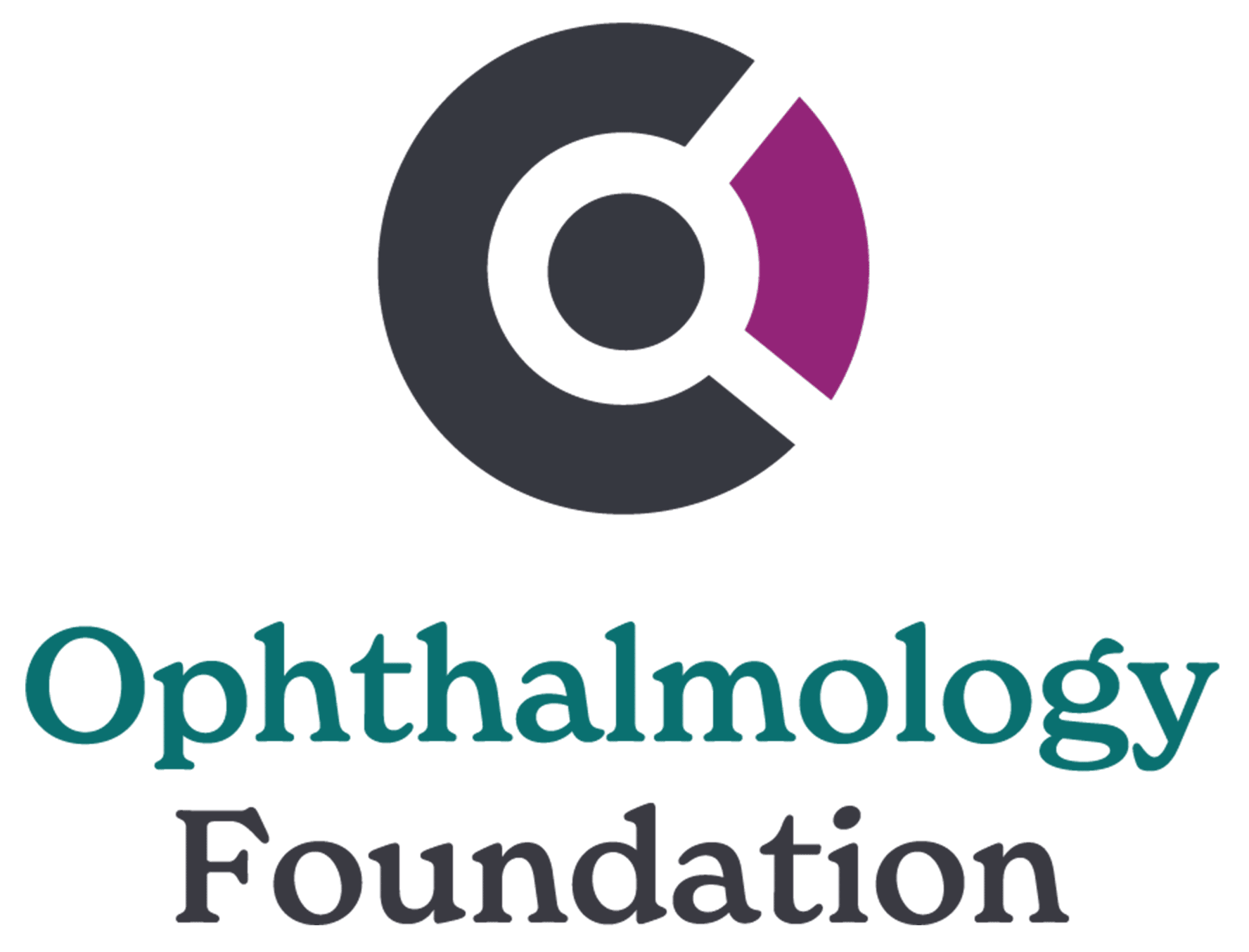The Ophthalmology Foundation Continuing Professional Development (CPD) committee aims to circulate mentoring best practices on continuing education and professional development of eye care professionals to facilitate lifelong learning, and advance leadership and scholarship in CPD.
Specifically, the committee aims at amplifying and maximizing learning opportunities on best practices in CPD as well as supporting the development of transformative education team-based projects
To operationalize these outcomes the CPD committee created the Microlearning Experience on CPD Fundamentals, Orbis Cybersight partnership on Curriculum Design, and the Group Mentoring Program.
To enhance our engagement with geographically remote and underserved regions and optimize opportunities, the CPD committee strategically leverages online technology with adult learning principles. Explore our programs below.
Continuing Professional Development Committee
Chair: Dr. Helena Prior Filipe
Co-Chair: Dr. Marie Louise Roed Rasmussen
Members:
Dr. Amelia Buque
Dr. Chimgee Chulunkhuu
Dr. Anthony Vipin Das
Dr. Mildred Lopez
Dr. Heather Mack
Dr. Muhammad Moin
Microlearning Experience on CPD Fundamentals
Considering the wide diversity of how CPD is led around the world, the CPD committee created a collection of online resources with a global perspective. Our purpose is to offer a microlearning experience on CPD foundations to those interested in how to best pursue, provide, organize, or regulate the lifelong learning of eye care professionals.
The collection highlights CPD good practices that include foundational concepts and processes, encompassing the intertwined and diverse perspectives of three broad groups of CPD stakeholders: eye care professionals and teams, educators, and organizations. Each standalone unit support just-in-time learning for anyone with an interest in CPD intricacies. Furthermore, the resources can be used in a flipped learning mode and work as content blocks to anchor synchronous or asynchronous online or face-to-face, tutor-assisted small groups CPD learning experiences.
Module 1
Presents the continuing professional development (CPD) canvas and sets the stage for the following modules.
- Unit 1- Core principles and contributing disciplines for CPD
- Unit 2- The CPD value proposition
Module 2
Synthesizes the perspectives of eye care professionals and teams regarding CPD.
- Unit 1- Creating a personal development plan
- Unit 2- Applying clinical audit best practice
- Unit 3- Documenting CPD. E Portfolios
Module 3
Focuses on the educator’s perspective.
- Unit 1- Best practices while planning CPD programs
- Unit 2 – CPD Principles
Module 4
Highlights the organizational CPD perspective.
- Unit 1 – A stepwise approach to develop a CPD system
The Ophthalmology Foundation is committed to developing educational resources and offer learning experiences that benefit a large and diverse population. We would appreciate your feedback regarding the Microlearning Experience on CPD Fundamentals. Please complete this brief survey to share your thoughts on the value and clarity of these resources. Learning together unveils new meanings.
Introduction to Faculty Development Program on Curriculum Design
In partnership with Orbis CyberSight.
Learn how your team can work through the self-paced modules with flexibility or ask for a tutor-led experience. By the end of your program, team will be able to effectively apply education strategies useful to design, implement, and evaluate a program of simulation-based training in ophthalmic surgery. Take the course here.
Interested in learning how your team can work through the self-paced modules? Fill out the Interest Form here.




